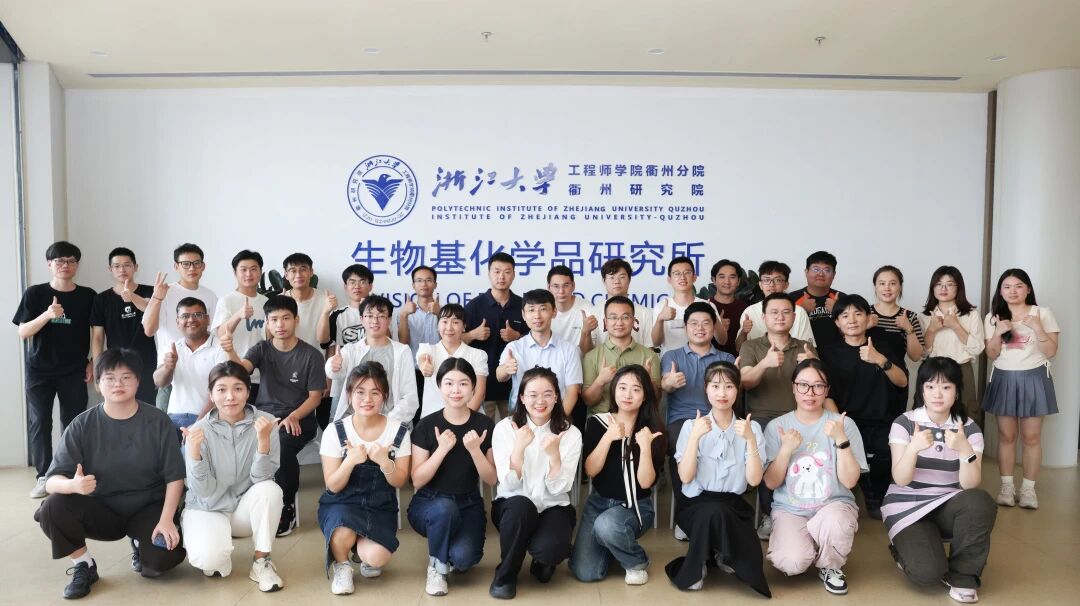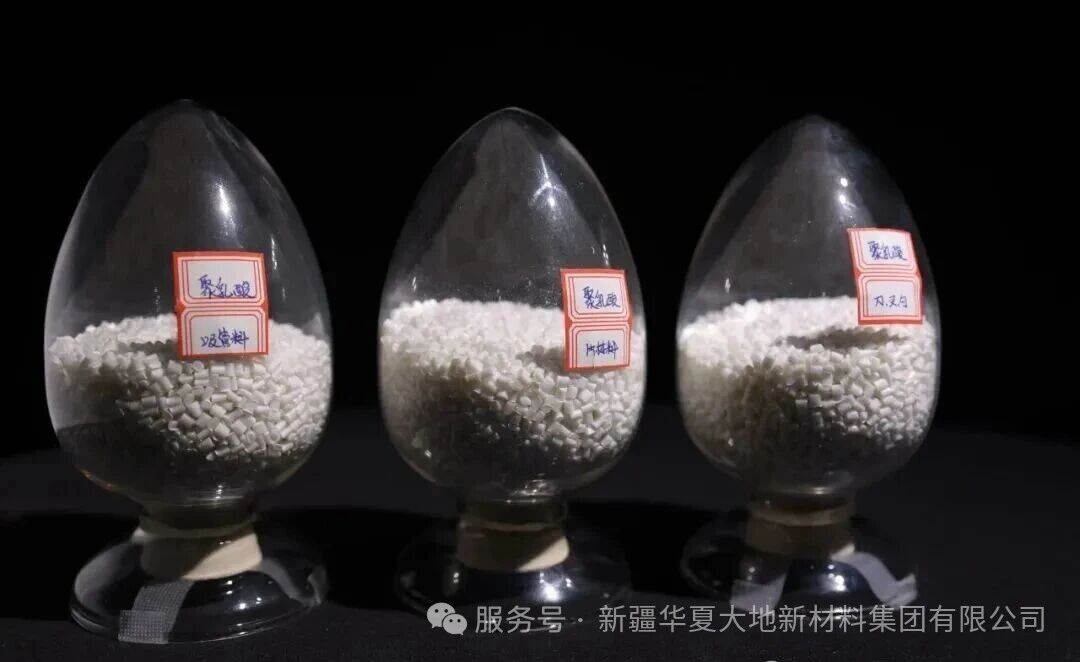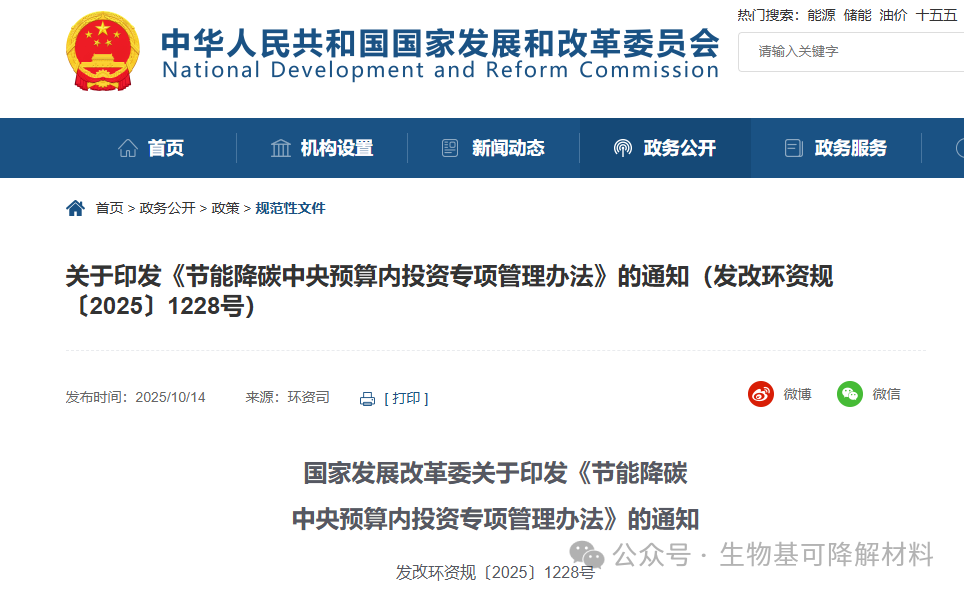"Chew" in the straw, "spit out" the green energy. Straw, manure, garbage, waste cooking oil... These common biomass wastes in daily life can also make a comeback and transform into bio-based fuels, adding green energy to reduce emissions in aviation?
In this post, we take a closer look at the "Two Institutes" Bio-based Chemical Research Institute of Zhejiang University in Quzhou. Let's see how Professor Li Zhenglong's team turns waste into treasure and extracts sustainable bio-based aviation fuel from agricultural waste such as straw?
Just a few days ago, Professor Li Zhenglong's team, along with relevant personnel from Shanghai Airport and Yuewei Capital, had an in-depth discussion on the cooperation between the research institution and enterprises regarding the technology of bio-based renewable aviation fuel and the industrialization development model. "The sustainable bio-based aviation fuel we have developed is now entering the stage of industrial promotion. Currently, several enterprises have expressed their intention to collaborate with us."
Carrying out research and engaging in cooperation have enabled new technologies to accelerate their journey from the "laboratory" to the "production line". The team is extremely busy, but they take great pleasure in it.
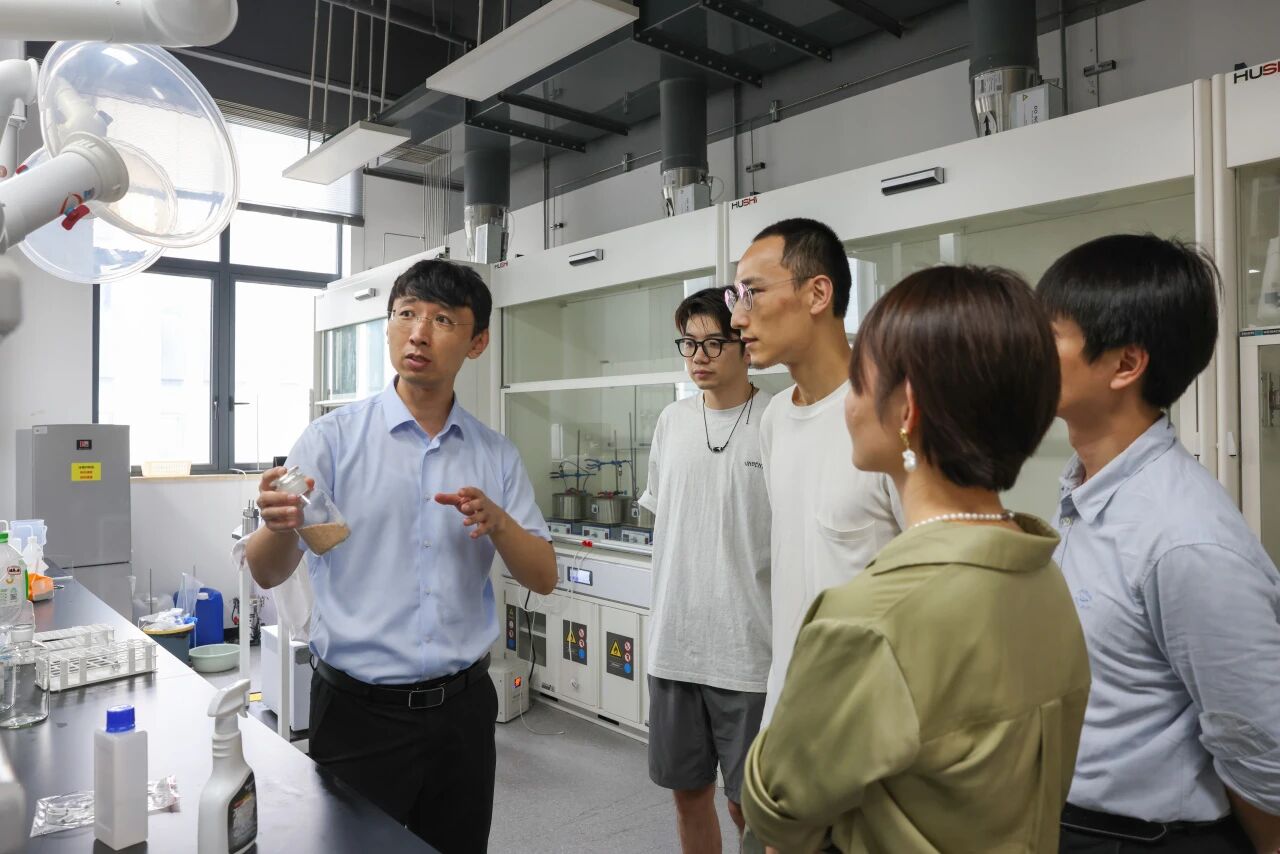
01
The market for renewable aviation fuel has great potential.
The best choice for carbon emission reduction in the aviation sector
The aviation industry is one of the top ten greenhouse gas-emitting industries globally. How to achieve zero-carbon substitution has long been a challenge for the industry. Producing renewable aviation fuel (SAF) through biomass conversion to reduce carbon emissions has become a feasible path for current "green flying".
In the context of the global aviation industry accelerating its transition towards "green", various countries have successively introduced policies and regulations to promote the development of renewable aviation fuel technologies. The EU's ReFuel EU bill requires that the proportion of renewable aviation fuel be 2% from 2025, increasing to 6% by 2030 and reaching 70% by 2050. The "14th Five-Year Plan for Civil Aviation Green Development" of China clearly states that the focus is on developing renewable aviation fuel technologies. The future market demand for renewable aviation fuel is approximately 360 million tons, presenting a huge market prospect.
Traditional crop straw is often burned as agricultural waste and directly discharged into the atmosphere. This not only pollutes the air but also wastes a large amount of resources. According to relevant data, in the past 10 years, the annual output of various types of straw in China was approximately 800 million tons. Due to burning, about 60 million tons of carbon dioxide are produced each year. If the straw conversion technology is utilized to produce liquid fuel, the renewable aviation fuel produced can fully meet the fuel demand of most of China's civil aviation.
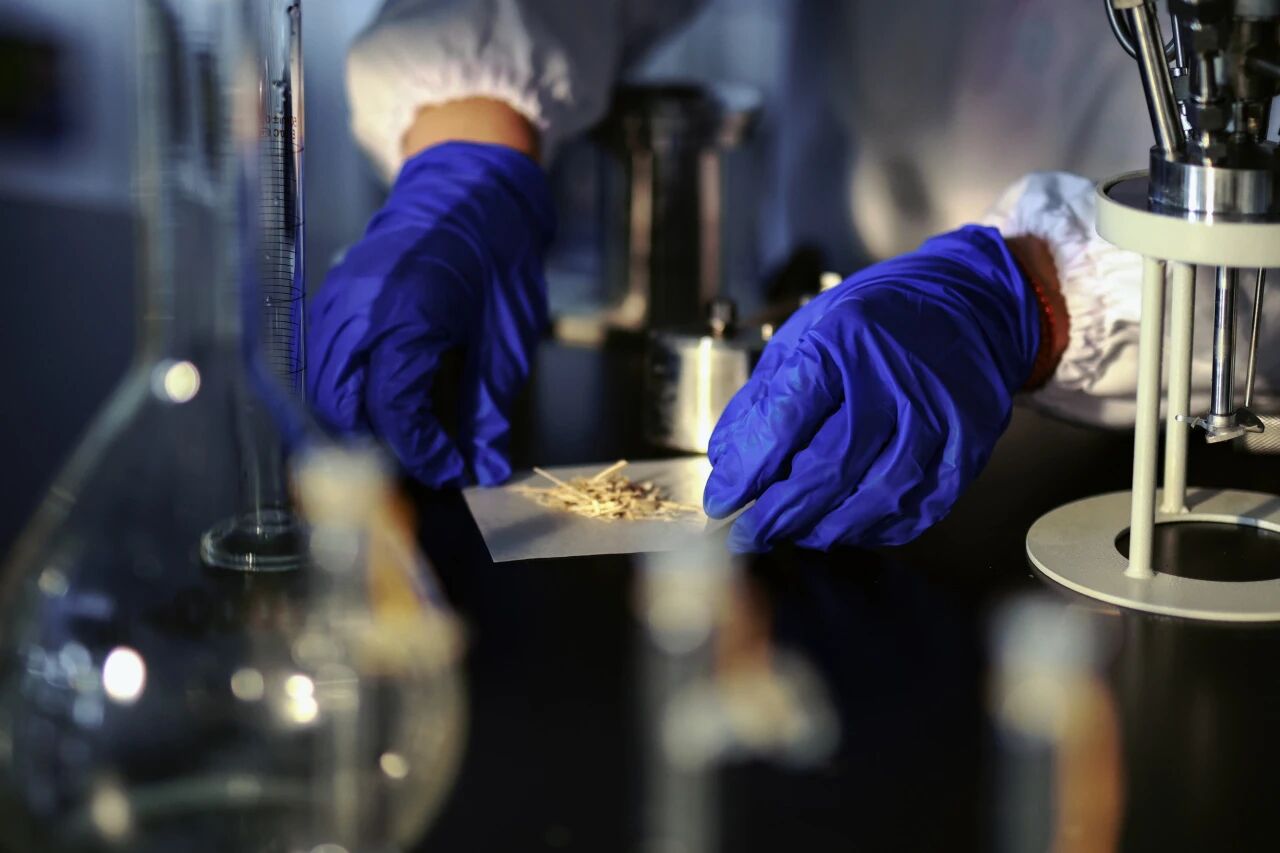
According to the resolution of the national aviation emission reduction market mechanism, starting from 2020, each airline company needs to offset the increase in carbon emissions on international routes by purchasing carbon quotas or other means. It is estimated that by 2035, the total expenditure on carbon trading required by domestic airlines in China for achieving emission reduction may reach as high as 21 billion yuan. "The substitution use of bio-based aviation fuel has become the only effective measure that can significantly reduce carbon emissions in the aviation industry at present," explained Professor Li Zhenglong. The components and calorific value of bio-based aviation fuel are comparable to those of petrochemical aviation fuel, and there is no need to modify the aircraft's fuel system. Therefore, the substitution use of bio-based aviation fuel is also the best choice for carbon emission reduction in the aviation field.
02
Exploring a New Path for "Straw to Oil" Transformation
Let "green energy" soar in the blue sky
"This is the reaction vessel, this is the fixed bed, and this is our newly-developed highly efficient catalyst... " In the research laboratory of the Bio-based Chemicals Institute, Professor Li Zhenglong detailedly showed the advanced analytical equipment and production facilities for converting straw into aviation fuel to the partners.
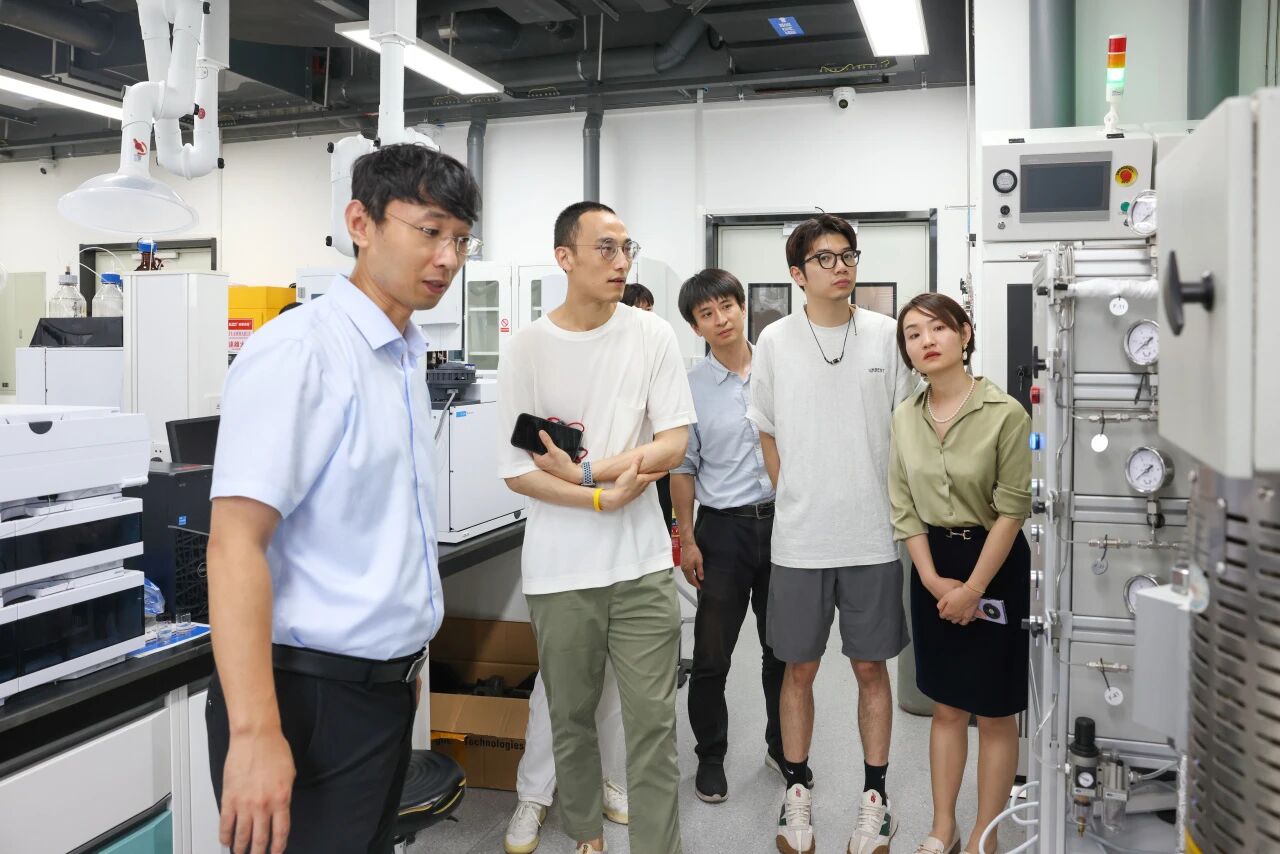
Carbon serves as the backbone for constructing liquid fuels. The key to the research lies in developing a cost-effective and efficient method for generating long carbon chain products from straw. The traditional route for converting straw into aviation fuel mainly involves dehydrating ethanol to produce ethylene, followed by multiple steps of polymerization and hydrogenation to obtain renewable aviation fuel components. This technology has numerous operational units and significant differences in reaction conditions for each step, making energy management challenging and the cost high.
Given these difficulties, the team conducted multiple rounds of research and development. Through continuous experimentation and analysis, they successfully developed a one-step ethanol-to-C3+ olefin technology. This technology not only significantly reduces the number of operation units, but also further decreases energy requirements, greatly lowering the fixed cost and operating cost of the process. Moreover, the yield of renewable aviation fuel is high, and all key indicators meet or exceed the US Jet A standards. This technology route is flexible in terms of raw materials and products, and can simultaneously produce high-molecular monomers such as α-olefins. It has broad application prospects and is very conducive to industrialization expansion and popularization.
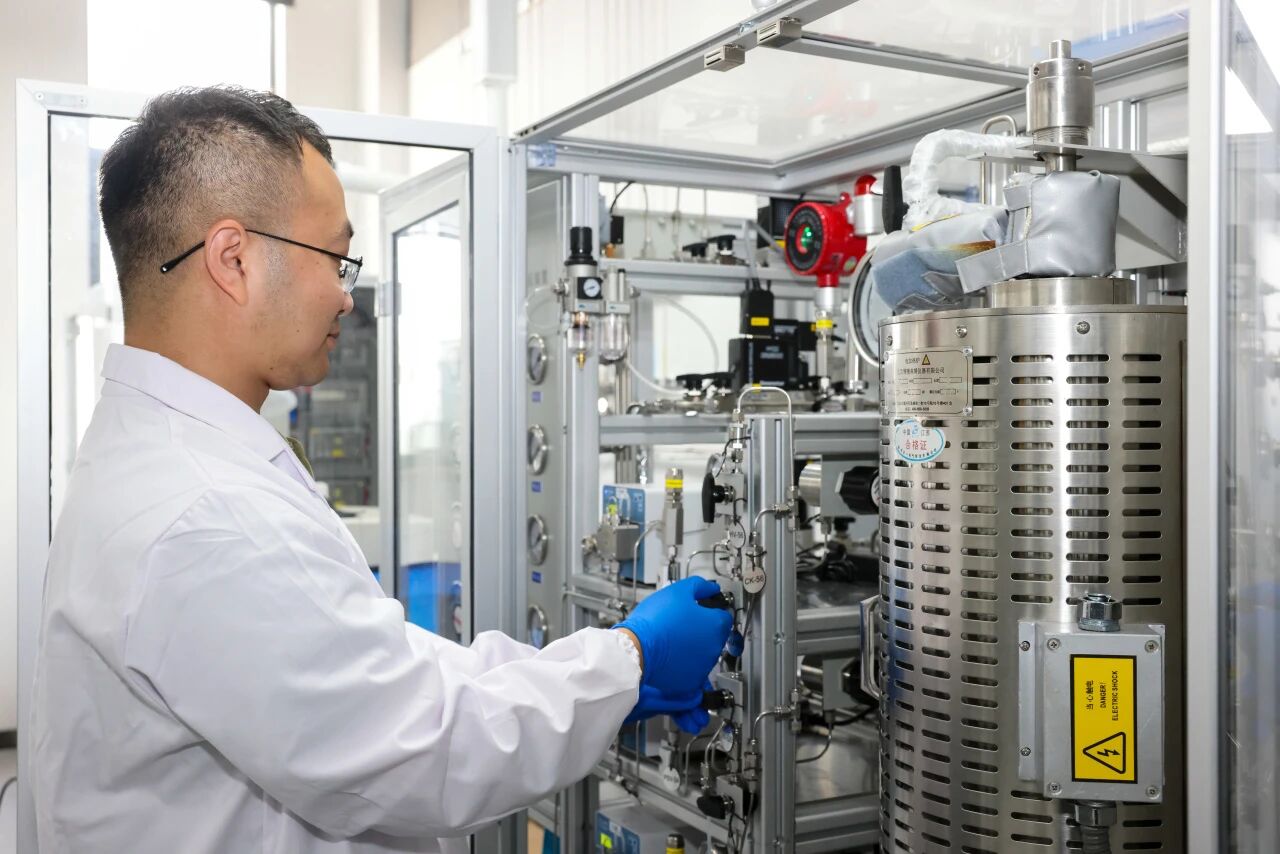 "The team has independently designed and built a pilot-scale expansion device. The performance indicators of the products all meet the design requirements and are produced stably." Professor Li Zhenglong said. In the next step, the team plans to accelerate the industrialization process of the technology, aiming to realize project production in the coming years. At the same time, they will use other low-carbon resources to develop new SAF synthesis technologies, enabling bio-based aviation fuel to replace petrochemical fuel more quickly and effectively, and strongly promoting the accelerated green and low-carbon transformation of the aviation industry. This will provide solid technical support for China's energy conservation and emission reduction efforts and reducing the risk of being dependent on oil.
"The team has independently designed and built a pilot-scale expansion device. The performance indicators of the products all meet the design requirements and are produced stably." Professor Li Zhenglong said. In the next step, the team plans to accelerate the industrialization process of the technology, aiming to realize project production in the coming years. At the same time, they will use other low-carbon resources to develop new SAF synthesis technologies, enabling bio-based aviation fuel to replace petrochemical fuel more quickly and effectively, and strongly promoting the accelerated green and low-carbon transformation of the aviation industry. This will provide solid technical support for China's energy conservation and emission reduction efforts and reducing the risk of being dependent on oil.